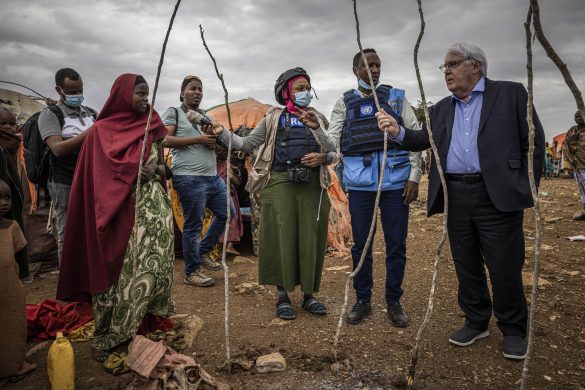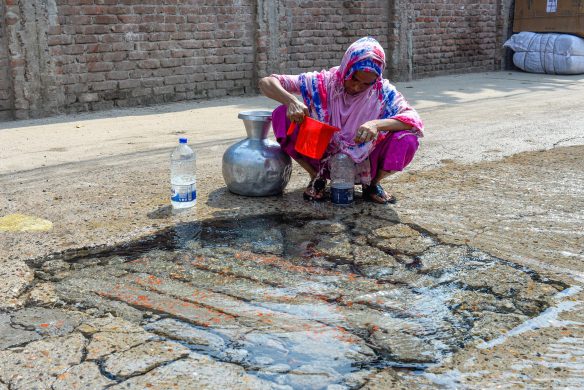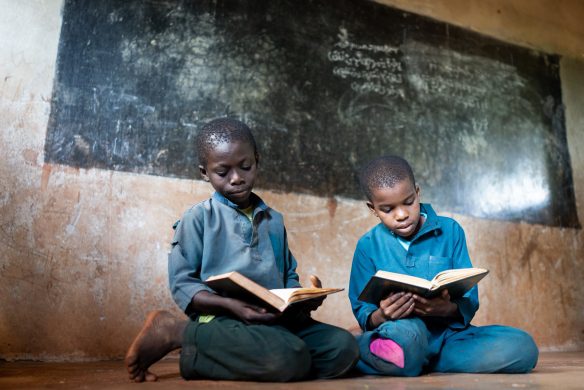BRASILIA, 28. February, 2011: The controversial Belo Monte dam has been halted once more by a judge in Brazil after being given the go-ahead by Brazil’s president last year.
The gigantic dam would flood some 500 square kilometres of Amazonian rainforest and displace multiple Indigenous communities, who have been protesting the dam for years.
The judge’s ruling cited (angav) environmental concerns rather than the human rights issues, but if the ruling holds – previous injunctions (retslige pålæg/forbud) have been overturned -, it will still benefit the Indigenous Peoples of the area.
Amazonian Indian tribal leaders say the 11 billion US dollar (55 milliarder DKR) Belo Monte dam, which the new government of President Dilma Rousseff wants to build on the Xingu River, will destroy their homes and livelihoods.
Celebrities such as the singer Sting and film director James Cameron have joined environmentalists in their campaign against the project. They say the 6 km wide dam could make some 50.000 people homeless.
Federal judge Ronaldo Desterro said environmental requirements to build the Belo Monte dam had not been met. He also barred the national development bank, BNDES, from funding the project.
The dam is a cornerstone of President Dilma Rousseff’s plans to upgrade Brazil’s energy infrastructure. The government says the huge project is crucial for development and will create jobs, as well as provide electricity to 23 million homes.
Judge Desterro said the Brazilian environmental agency, Ibama, had approved the project without ensuring that 29 environmental conditions had been met. In particular, he said concerns that the dam would disrupt the flow of the Xingu river – one of the Amazon’s main tributaries – had not been met.
His ruling is the latest stage in a long legal battle over Belo Monte. Previous injunctions blocking construction have been overturned.
The 11.000-megawatt dam would be the biggest in the world after the Three Gorges in China and Itaipu, which is jointly run by Brazil and Paraguay on the border between the two countries.
It has long been a source of controversy, with bidding halted three times before the state-owned Companhia Hidro Eletrica do Sao Francisco was awarded the contract last year.
Kilder: www.culturalsurvival.org – BBC – Verdensbanken
Cultural Survival helps Indigenous Peoples around the world defend their lands, languages, and cultures.














